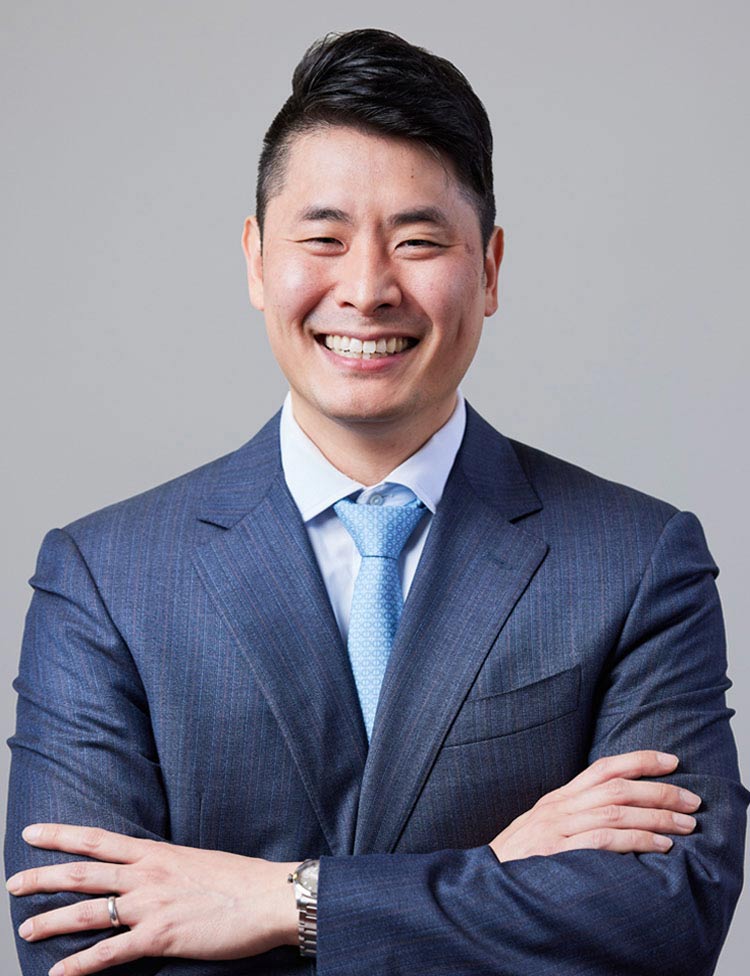Daniel Yang is the vice president of Artificial Intelligence and Emerging Technologies for Kaiser Foundation Health Plan, Inc. and Hospitals.
Dr. Yang is spearheading Kaiser Permanente’s work to advance responsible AI. Under his leadership, Kaiser Permanente is plotting a course of responsible AI use that advances the organization’s mission of providing high-quality, affordable care for its 12.5 million members and improving the health of its communities.
In his role, Dr. Yang ensures that the organization is applying AI in ways that are safe, dependable, accurate, and equitable. He establishes quality oversight for all AI applications across the organization, including those used in clinical operations, research, education, and related administrative functions. He also partners with teams across the organization to develop structures and processes to evaluate, prioritize, manage, and monitor AI applications.
Prior to Kaiser Permanente, Dr. Yang was the program director of patient care at the Gordon and Betty Moore Foundation, where he founded and led a $120 million philanthropic program focused on diagnostic excellence. In this capacity, he helped to establish several public-private partnerships to promote the responsible use of AI in health care, including the National Academy of Medicine's Health Care AI Code of Conduct, the Coalition for Health AI, and the Health AI Partnership.
Dr. Yang has created public-good infrastructure to support the development, implementation, and evaluation of diagnostic AI algorithms, including publicly accessible clinical datasets and third-party evaluation services to independently assess algorithm performance. He has also advanced research methods for rigorously evaluating the clinical impact of AI and machine learning algorithms in real-world settings. In addition, he represents Kaiser Permanente as a member of the US AI Safety Consortium and the Coalition for Health AI.
Dr. Yang is a practicing internal medicine physician. He completed his undergraduate and medical degrees at the University of Illinois Chicago, his internal medicine residency at the University of California, San Francisco, and a fellowship in health care systems design at Stanford University.
